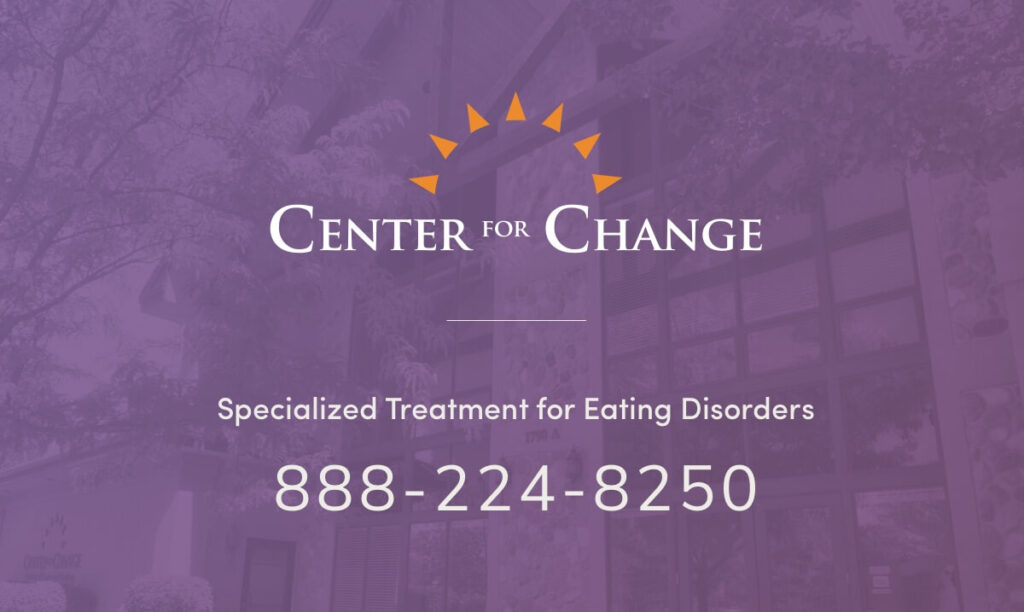Please note that this is an Archived article and may contain content that is out of date. The use of she/her/hers pronouns in some articles is not intended to be exclusionary. Eating disorders can affect people of all genders, ages, races, religions, ethnicities, sexual orientations, body shapes, and weights.
By Quinn Nystrom, MS
I’m nearing the 7-month pregnancy mark, WHOO! I have weekly medical appointments to check on my type 1 diabetes, eye health, baby’s health, heart, etc. This past week I was at one of my many appointments when the doctor said to me, “You’re doing such an amazing job controlling your diabetes Quinn, what secret do you know that I can tell my uncontrolled diabetics?” My jaw dropped. The words CONTROL and UNCONTROLLED. It makes my skin crawl and blood curdle. Granted, the doctor was trying to compliment me, but at the same time dismissing dozens of other patients who live with diabetes every day who are trying their damnedest! The word control by definition means: “to exercise restraint or direction over.” Here’s my core issue with the use of this language (though I don’t believe the doctor was trying to be malicious in any way): It places blame and shame on the patient. People with diabetes make an additional 180+ decisions a day. I’ve never met someone with diabetes who wants to feel sick, who wants to go to the emergency room, who wants one of the myriads of complications that can come with diabetes (amputations, blindness, etc.). I haven’t found one person! Most of us are doing the best we can, with the resources we’ve been provided.
 Replace the word control with the word manage. Diabetes, like most chronic diseases, requires daily, sometimes hourly management. That’s what life with type 1 diabetes is like. Some days are easier to manage, and some are tougher. Sometimes I can tell you exactly why I woke up with a blood sugar of 300, and sometimes I have no clue. To use the word control means that I have 100% direction over my diabetes! WHAT A JOKE! Ask any person living with diabetes if they agree with that statement 100% of the time, and I assure you that you won’t find one that answers yes.
Replace the word control with the word manage. Diabetes, like most chronic diseases, requires daily, sometimes hourly management. That’s what life with type 1 diabetes is like. Some days are easier to manage, and some are tougher. Sometimes I can tell you exactly why I woke up with a blood sugar of 300, and sometimes I have no clue. To use the word control means that I have 100% direction over my diabetes! WHAT A JOKE! Ask any person living with diabetes if they agree with that statement 100% of the time, and I assure you that you won’t find one that answers yes.
You may wonder how I responded to that doctor who asked me what my “secret” was. This is what I told him:
“I was lucky that I fell in love with a man who had a great, steady job with amazing health insurance (we married early in a courthouse so that I could get on it). I’m lucky that I was born into a middle-class family who had the money and medical background to provide me with the very best medical care. I’m lucky because I have a job that allows me to attend weekly medical appointments. I’m lucky because we have the money to cover the medical visits, medication, and technology. There is no “secret”. In America, life with diabetes, there is so much that is out of your control.”
Probably not the answer he was expecting, but I felt it was important to tell him what my “secret” was…he did ask. I hope that by writing this blog for National Diabetes Awareness Month, we can collectively have a better understanding of what people living with diabetes go through each day and that if you are a person with diabetes, know that I see you, I see your hard work, keep going.

